We are looking back on some of our BSc graduates who have excelled in scientific research, ecology and conservation around the world since studying with us.
Today we meet Hannah who graduated from BSc Zoology with Study Abroad in 2017 and is now a Researcher at the BBC Natural History Unit.
Hi Hannah, it’s been a few years since you studied with us, why don’t you tell us a bit about your career in that time that led you to where you are now?
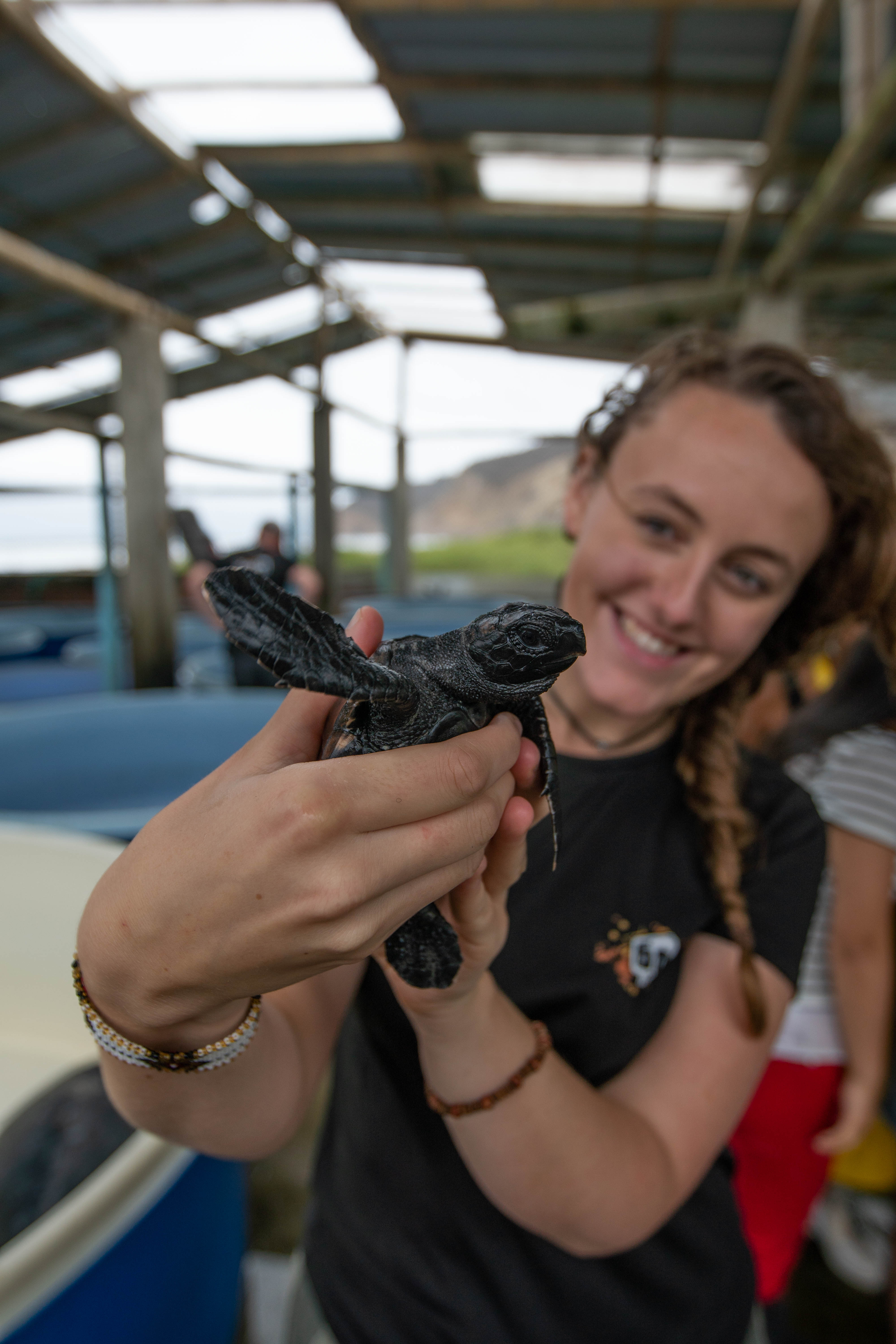
Whilst at University I set up an organisation with a fellow student, our aim was to make short films that tackled human-wildlife conflict issues in Africa. Using local voices to speak about the issue and share their relatable solutions. Produced in the local language we then showed these films back to communities using a bicycle powered cinema, enabling us to reach remote places with no access to electricity. A few months after graduation we travelled to Kenya to run a 6 month project doing just this. We raised the money to run this through grants, were sponsored film equipment for the duration and partnered with several charities and local organisations to complete the project. It was a great experience to spend so much time in the field, developing both my filming skills as well as having the opportunity to spend so much time with those people on the frontline of conservation.
After returning to the UK and spending a few months at my family home in Scotland I made the move to Bristol. I began working at an independent production company on a new streaming platform dedicated to wildlife. After this, I moved to the BBC Natural History Unit as the Researcher and Second Camera Operator on CBBC’s Deadly 60. I was then a Researcher on Planet Earth 3 and more recently have been the Researcher on the show ‘The Year Earth Changed’ narrated by David Attenborough.
Why don’t you give us a bit of background about what made you choose to study your BSc at the University of Exeter Cornwall Campus?
As well as it being well known as a good university academically it was as soon as I visited the campus on an open day that I knew it was where I wanted to go. So much so, I made it my firm and insurance University choice. The campus itself is beautifully located, a stone’s throw from the beach (what more could you want??) it also helped that the sun was shining but it was the feel and people that I met on the open day that sold it for me. All the lecturers came out to say hello during one of the talks and they instantly felt approachable. It can feel like a big jump from School to University but this just felt right for me.
I studied Zoology which by its very nature (pardon the pun) involves having an understanding and appreciation of the natural world. The campus is perfectly located for this with easy access to a variety of ecosystems. The course very much made the most of this whether it was by leading a trip to the beach to go rock pooling or mist netting in the fields next to the campus. The course was very hands on which I loved and felt was important.
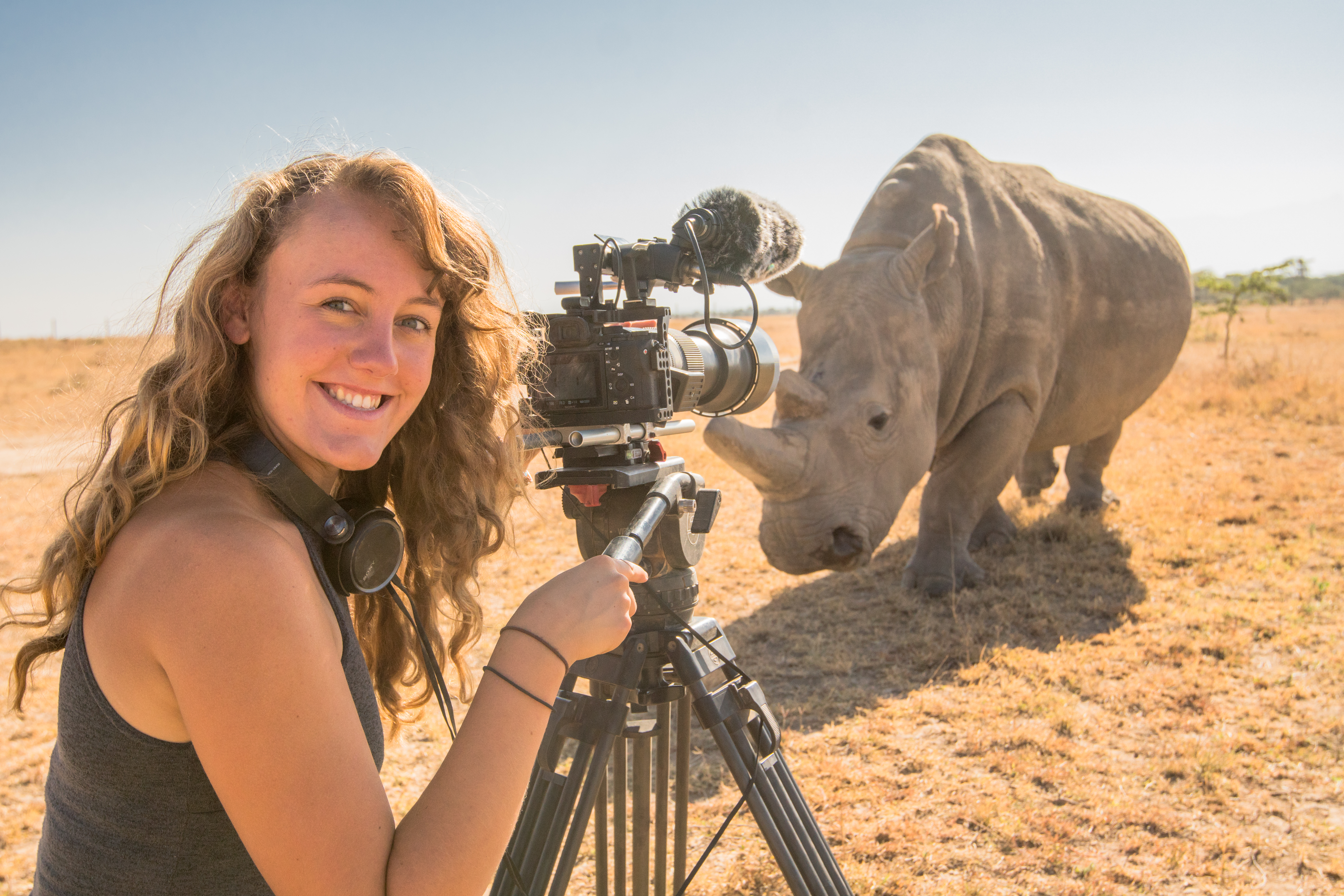
What did you enjoy most about studying in Penryn?
It sounds cheesy but I remember feeling like anything was possible whilst studying at the University. The variety of classes, guest speakers, field trips, career support, lecturer specialisms, clubs/societies… meant that no matter what your interest was, support was there for you if you wanted it. During my first year at the University in addition to my studies I joined the kayaking team, became an editor for the University’s nature magazine, spent 6 weeks volunteering in Cyprus on a turtle conservation project and together with 5 other first years successfully set up and ran a 6-week expedition to an unexplored region of Madagascar to conduct the first full biodiversity survey of the area. During this process we had the support of the University to help advise us with our grant applications and logistics which proved invaluable in later years as I proceeded to set up my own organisation.
What do you think makes the University of Exeter, Penryn Campus such a special place to study?
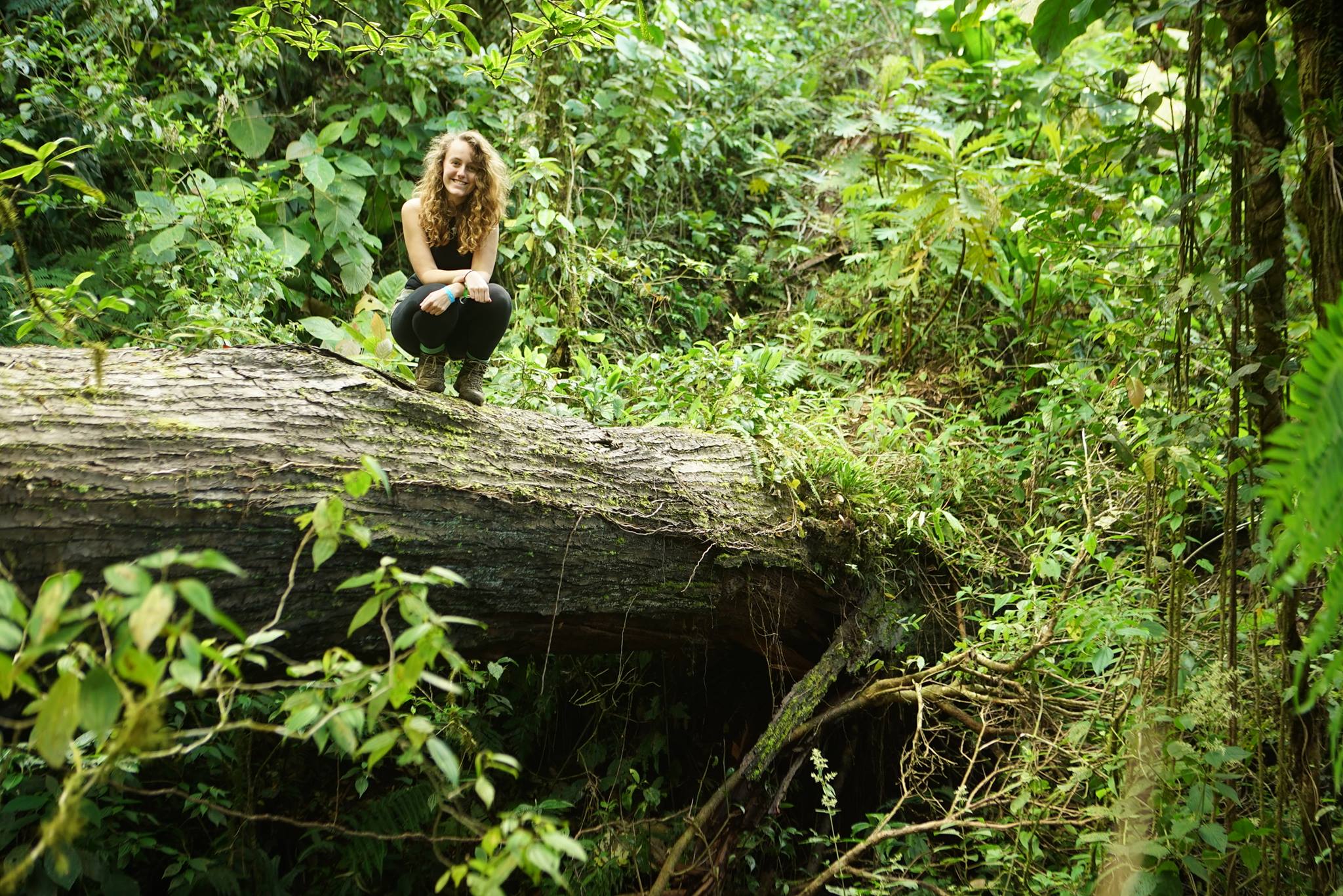
Being a relatively small campus the course sizes are considerably smaller than at other Universities so you get to know your lecturers and they get to know you. The lecturers themselves are all approachable and with such a wide expanse of different specialisms the respect they have for each other is visible and carries through into the way they teach. The course also had a heavy focus on practical experience which was great as it meant a wide variety of field trips were offered as well as time in the lab. When it came to final year research projects, again there was a lot of support for individuals to do a project that they were genuinely interested in, something I imagine would be harder to achieve at larger institutions with more students.
How do you think the BSc helped to prepare you for your next steps?
I loved the Zoology programme, the wide variety of different topics that the course covered has been invaluable in giving me a wide understanding of the natural world and enabled me to work on a diverse array of projects now in my career. Accurately describing potentially complex topics in an understandable and engaging way is crucial in my role, to this end I use the skills developed during my course every day. Being able to dissect and understand scientific literature is vital and something I developed during my years of study. Communication is also a hugely important part of the job and again whilst at University this was something that was fundamentally built on.
Why did you choose a career in natural history broadcasting?
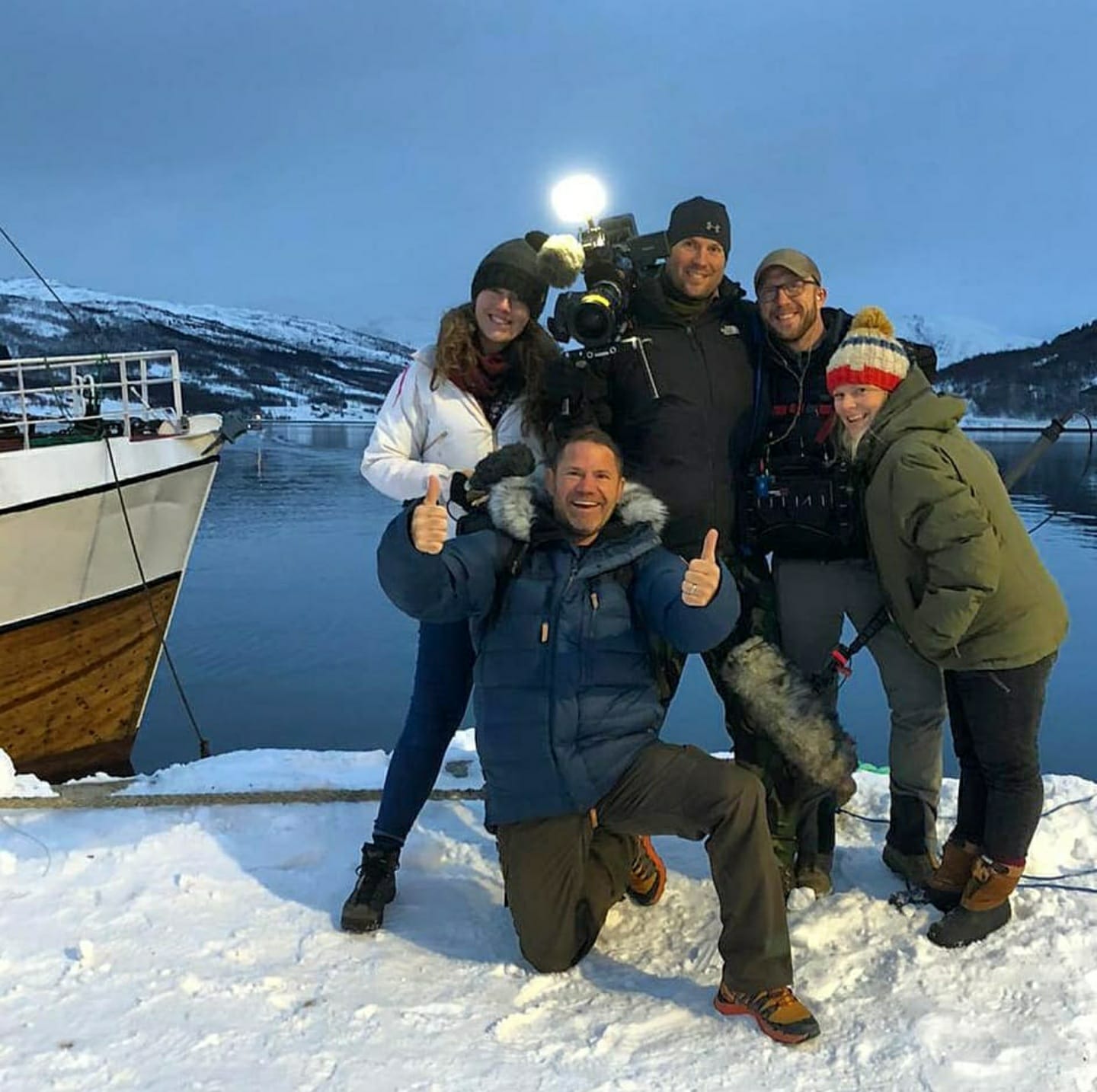
I’ve always loved wildlife and knew that whatever I ended up doing I wanted it to have an impact on conservation of the natural world. Documentaries/ nature shows are a great way of sharing the beauty of nature with a wide audience. In recent years there has been a big push in producing more content focusing on conservation and controversial topics and I love the challenge of shaping shows that engage with the audience and provoke questions/ excitement in the subject. My favourite show that I have worked on is Deadly 60. I grew up watching the show and so working on it myself was incredible. I travelled to some unbelievable places and filmed amazing wildlife encounters but another wonderful part was after the show had aired and I was able to hear feedback and thoughts from children and their parents who had watched it.
Do you have any advice for students looking to pursue a similar career?
Start now. In this day and age most of us have a filming camera in our pocket. Phone cameras are so advanced now, you don’t need expensive gear to start making your own content. You’ll learn the most from the mistakes you make early on whether it be filming, story development, editing, communication… being at University is such an amazing time for exploring different ideas so if you have an idea for a film or project just go for it.
Finally, do you have any plans for the future?
I hope to continue progressing in the wildlife television industry. In recent years there have been huge leaps forward in the way in which programming features and explores major conservation issues, I hope to continue making shows that challenge and highlight these.
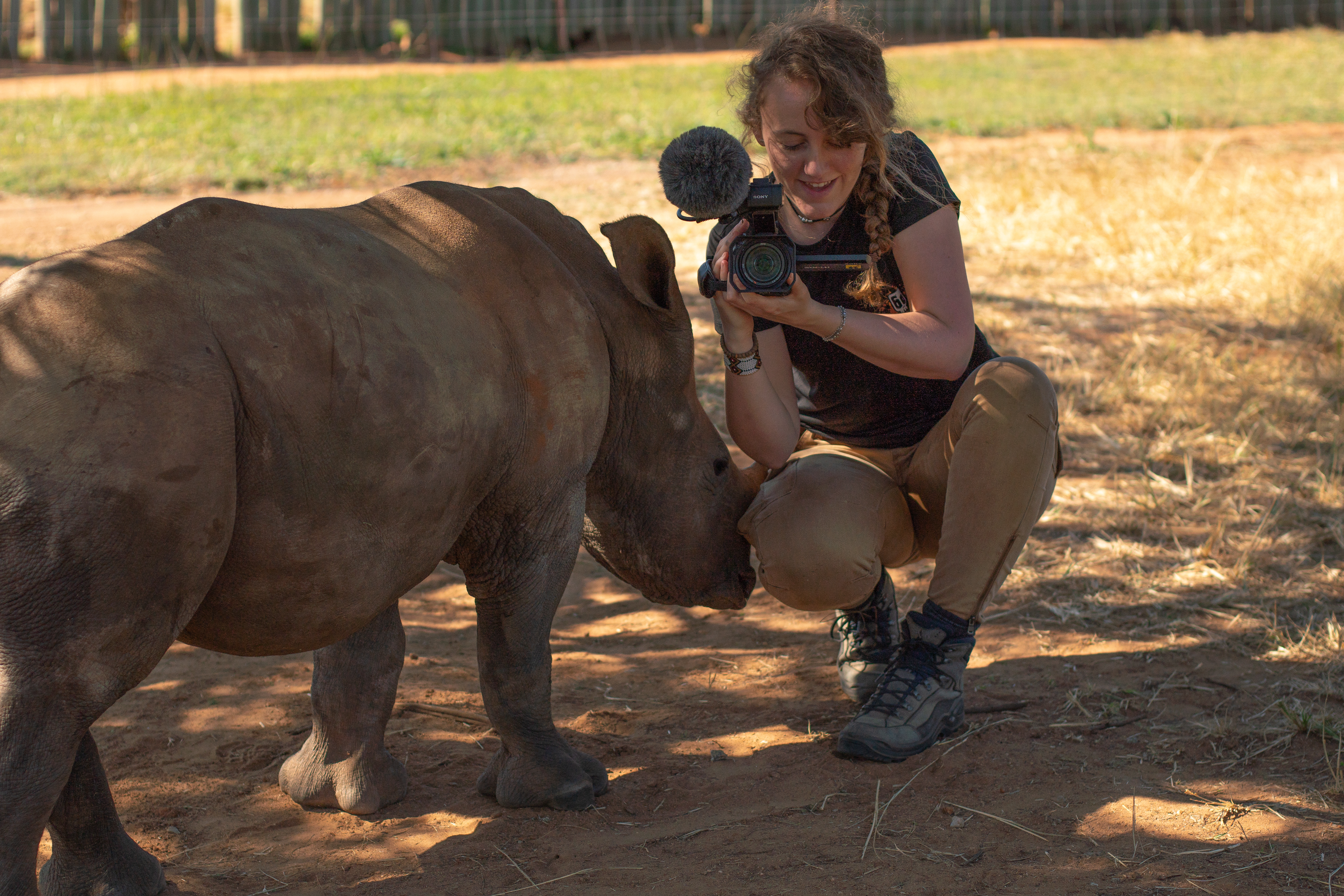
Thank you Hannah!
If you want to read more profiles from BSc Zoology graduates follow this link or explore our Graduate in Focus homepage to learn more about the degree programmes we have on offer!

